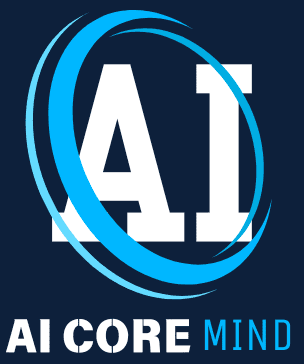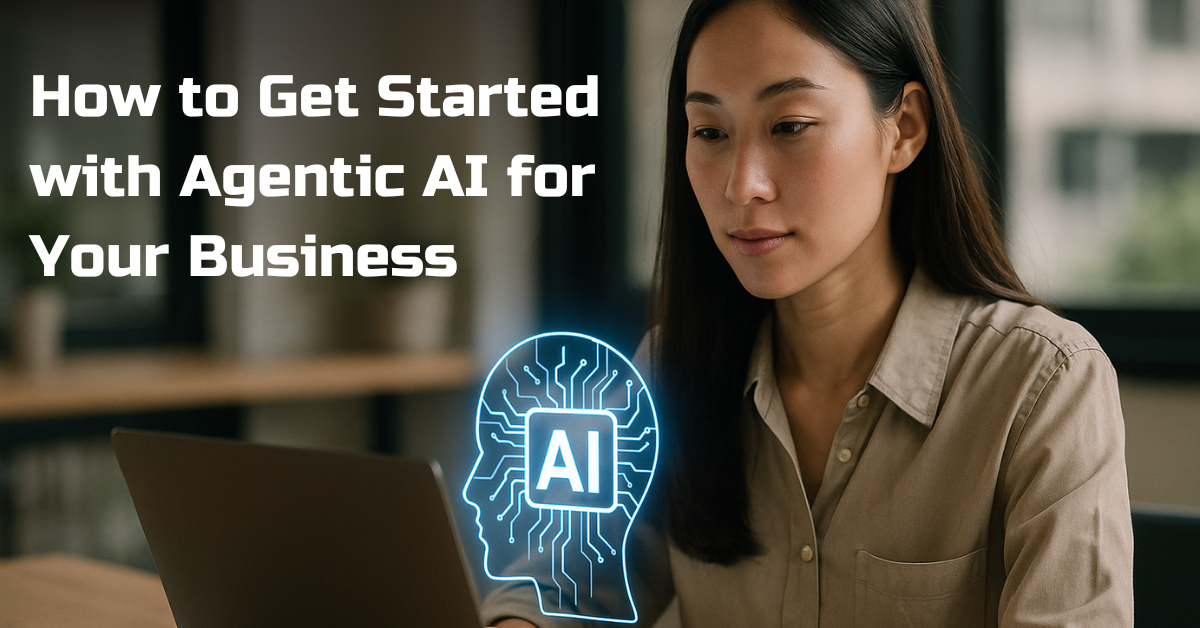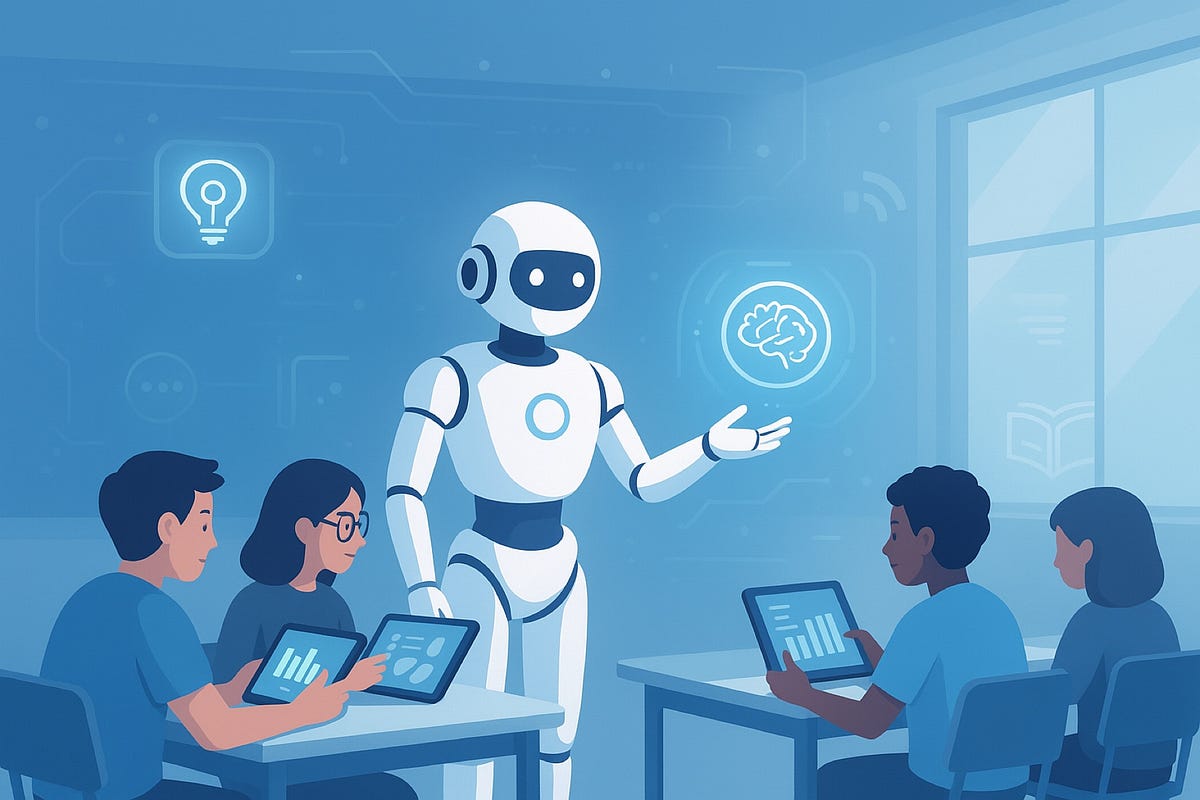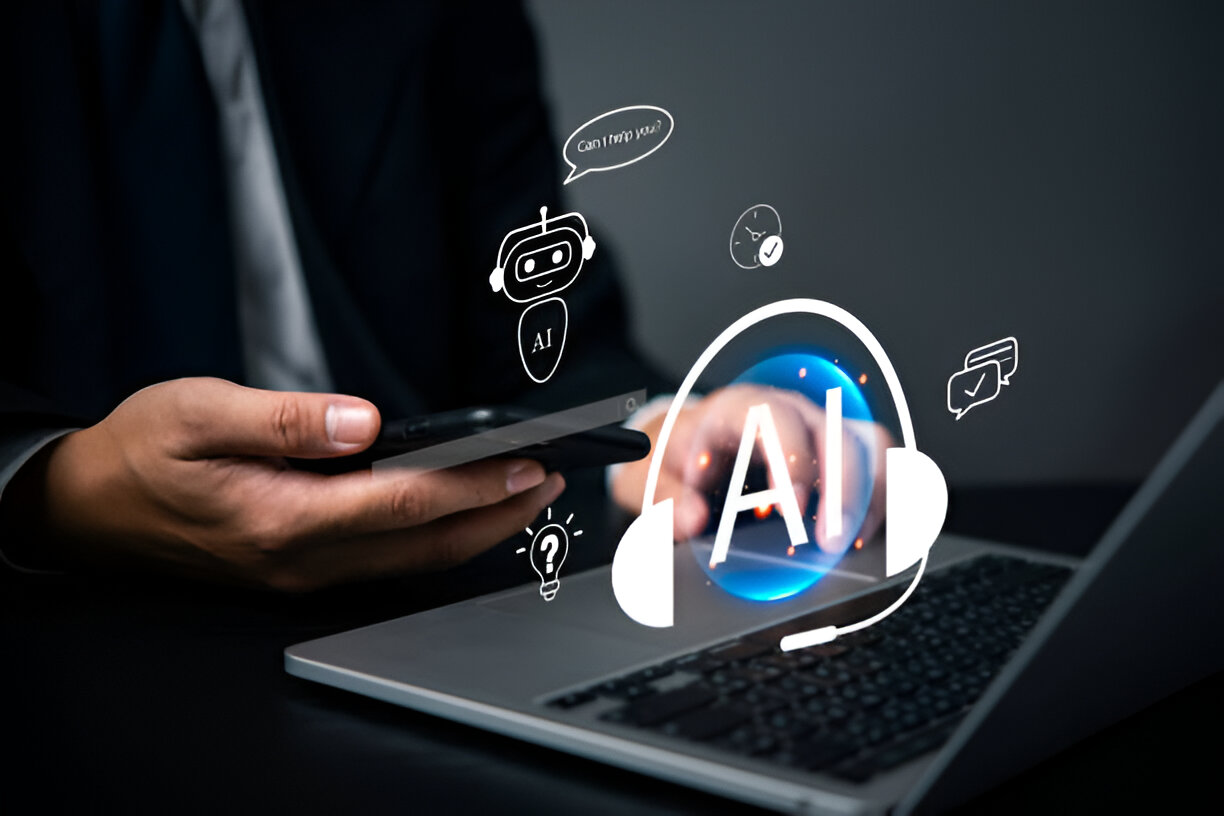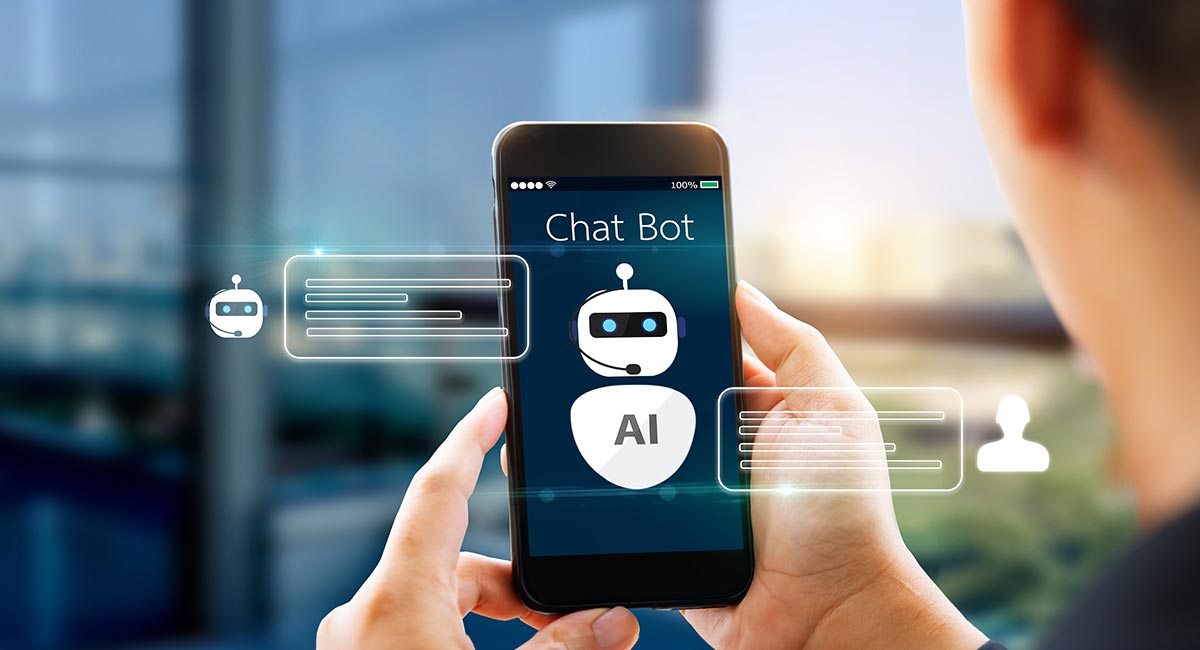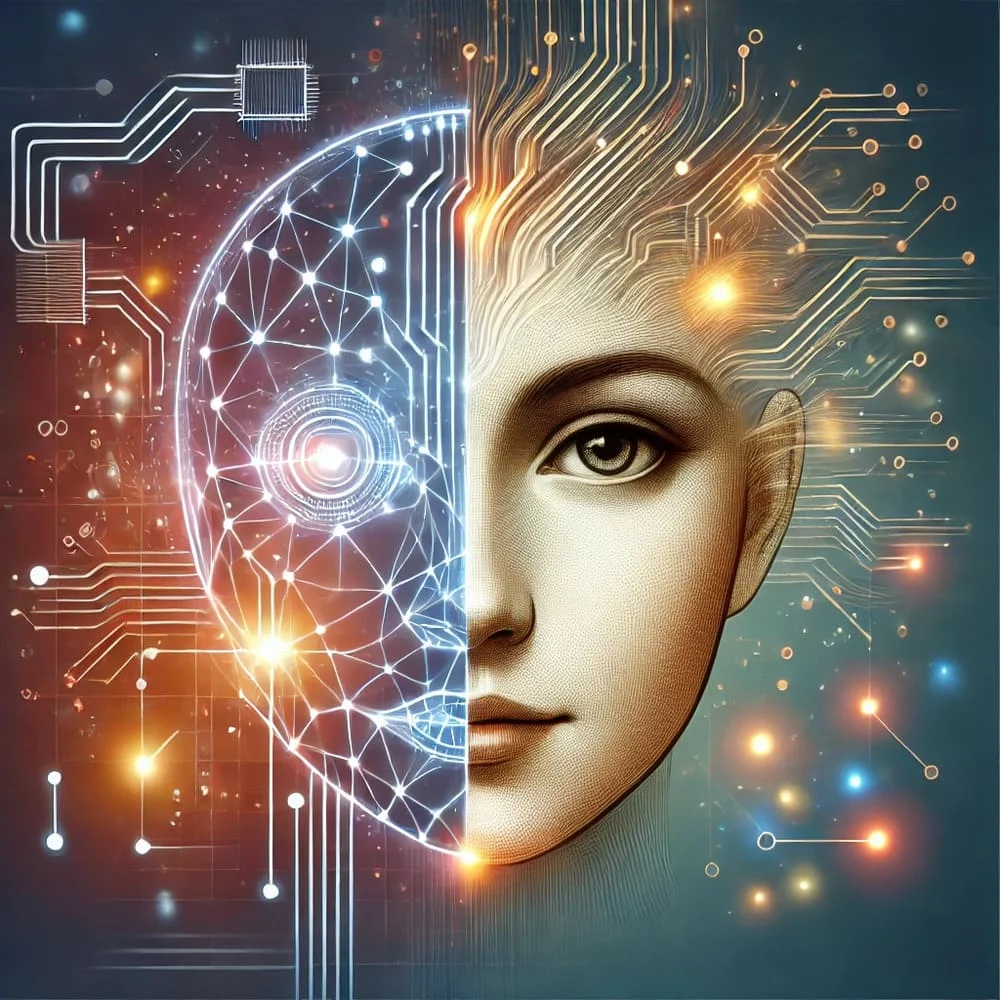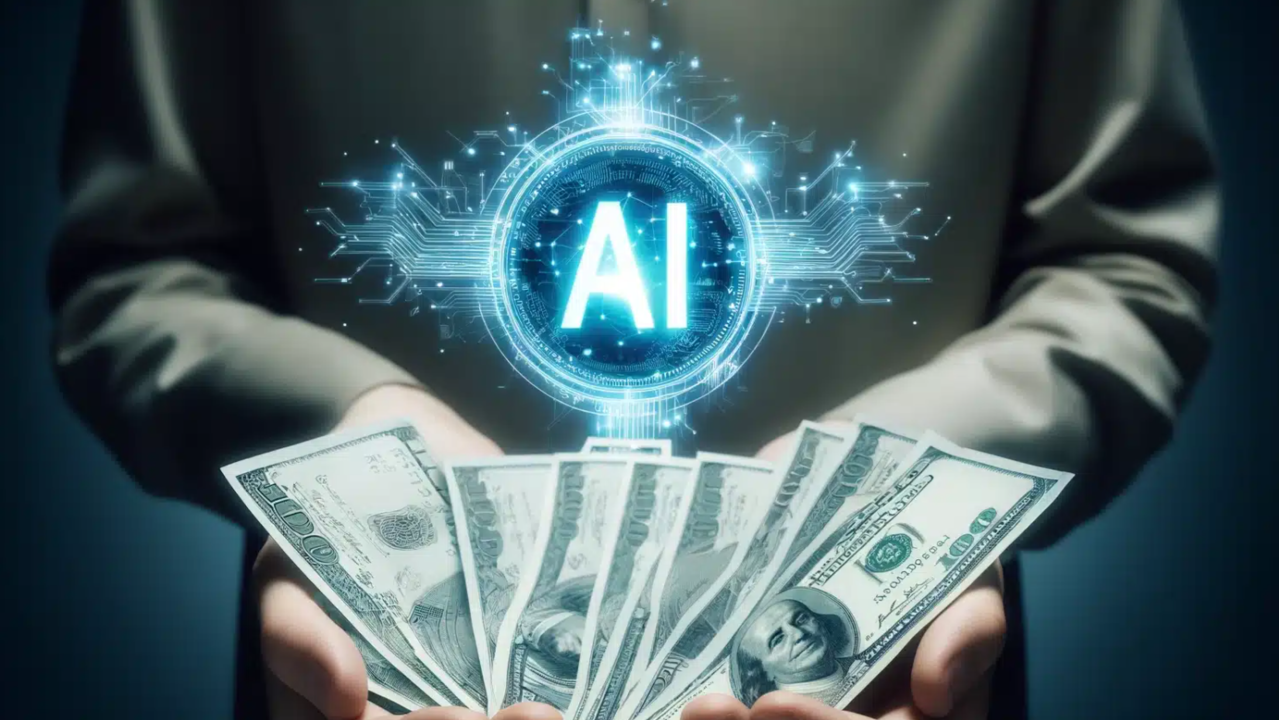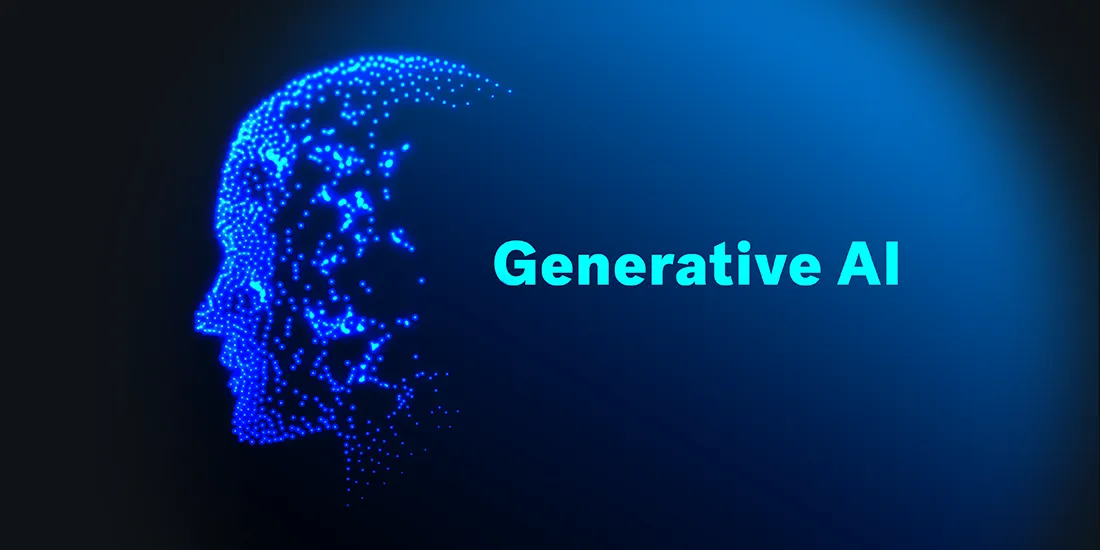Introduction – The AI Revolution in Digital Innovation
Artificial Intelligence (AI) has rapidly evolved from a futuristic buzzword into the backbone of today’s technological revolution. From automating simple tasks to driving complex business decisions, AI is shaping how we live, work, and interact online. One of the most transformative impacts of AI can be seen in web application development, where it is redefining design standards, enhancing efficiency, and creating user experiences that are smarter and more intuitive than ever before.
AI-powered algorithms and tools are no longer optional; they are now integral to how businesses build, deploy, and maintain web applications. From AI-based code assistants to predictive design and intelligent security, developers are witnessing a massive shift in how software evolves.
1. AI-Powered Development Tools – The New Co-Pilot for Developers
AI has become every developer’s best partner. Tools such as GitHub Copilot, Amazon CodeWhisperer, and Tabnine are changing how code is written. These platforms leverage machine learning to understand developer intent and suggest optimized code in real time.
Instead of writing code from scratch, developers can now rely on AI to autocomplete lines, detect bugs, and even optimize logic structures. This not only saves time but also reduces human error allowing teams to focus more on creativity and less on repetitive coding tasks.
Key Benefits:
- Faster development cycles
- Reduced debugging time
- Higher code accuracy and maintainability
AI-driven IDEs (Integrated Development Environments) are revolutionizing productivity essentially acting as intelligent collaborators that learn and improve with every project.
2. Smarter Testing and Automated Quality Assurance
Testing used to be one of the most time-consuming phases in development. But AI-based automation has changed that forever. Machine learning algorithms now handle regression testing, performance evaluation, and even user acceptance testing (UAT).
By continuously analyzing results and learning from data, AI testing tools can identify potential vulnerabilities before deployment. This proactive approach ensures stable, secure, and bug-free releases.
Examples:
- Testim.io and Applitools use AI to enhance visual and functional testing.
- Predictive error detection systems can alert teams about bottlenecks before users experience them.
The end result? Faster releases, higher reliability, and stronger user satisfaction.
3. Personalized User Experiences – From Static to Smart Interfaces
Modern users expect more than just functionality; they want personalized, adaptive experiences. AI enables web platforms to analyze user data, preferences, and behaviors to deliver exactly that.
Through machine learning and natural language processing, websites can tailor content, layout, and even color themes based on real-time user behavior. For instance, e-commerce platforms use recommendation engines to display products that match a user’s purchase history.
AI transforms web interfaces into living systems that learn from users making every visit more relevant and engaging.
4. Reinventing Security with AI and Machine Learning
Cybersecurity remains a top concern in the digital era. AI brings an intelligent layer of protection by detecting anomalies and predicting potential attacks.
Machine learning models continuously monitor traffic patterns, flagging suspicious behavior in real time. Whether it’s identifying brute-force attempts or detecting phishing threats, AI offers a proactive defense mechanism that strengthens digital resilience.
How AI Improves Security:
- Behavioral analytics detect unusual user actions
- Automated intrusion prevention systems
- Real-time encryption and authentication alerts
With AI-based security, businesses can build trust with users while maintaining compliance with strict data protection standards.
5. The New Era of AI-Driven Web Development
AI isn’t just helping write better code, it’s redefining the entire ecosystem of web development. From front-end frameworks to back-end infrastructure, AI tools are deeply integrated into design, testing, optimization, and deployment stages.
Developers now use AI-driven frameworks like TensorFlow.js, Keras, and OpenAI APIs to create smarter applications that recognize speech, translate text, or even automate decision-making.
This evolution allows companies to build applications that not only serve users but also learn from them creating feedback-driven ecosystems that continuously improve.
6. Chatbots and Virtual Assistants: 24/7 Smart Support
One of the most popular AI applications in modern web platforms is the chatbot. These intelligent assistants handle inquiries, recommend products, and even guide users through transactions all without human involvement.
AI chatbots use Natural Language Processing (NLP) to understand user intent and deliver human-like responses. They operate around the clock, providing instant solutions and improving customer satisfaction.
Impact on Businesses:
- Lower customer support costs
- Real-time engagement
- Enhanced user trust and loyalty
Chatbots have become an essential part of user experience strategies especially for e-commerce, education, and SaaS platforms.
7. No-Code and AI-Driven Development: The Future is Here
AI has paved the way for no-code and low-code platforms that allow anyone to create web applications without deep programming knowledge. Platforms like Wix ADI and Bookmark use AI to design websites automatically based on business goals and content inputs.
This democratization of technology means startups, small businesses, and entrepreneurs can compete with larger enterprises using minimal resources. As AI continues to advance, these tools will only get more powerful enabling faster, smarter, and more affordable development.
8. AI in Analytics and Performance Optimization
AI doesn’t stop once a website is live it continues to monitor performance and optimize outcomes. Intelligent analytics systems study user behavior, conversion rates, and engagement metrics to suggest improvements.
By analyzing thousands of data points, AI can automatically recommend layout changes, new features, or content adjustments that enhance conversions and retention.
Conclusion – The Future Belongs to Intelligent Applications
Artificial Intelligence has revolutionized every aspect of the digital ecosystem and web application development stands at the center of that transformation. From intelligent design tools to predictive analytics and smart security, AI empowers developers to create platforms that think, learn, and adapt.
The future of the web isn’t static, it’s intelligent, self-evolving, and personalized. Companies that embrace AI today will lead tomorrow’s innovation, offering faster, safer, and smarter digital experiences for users around the world.
